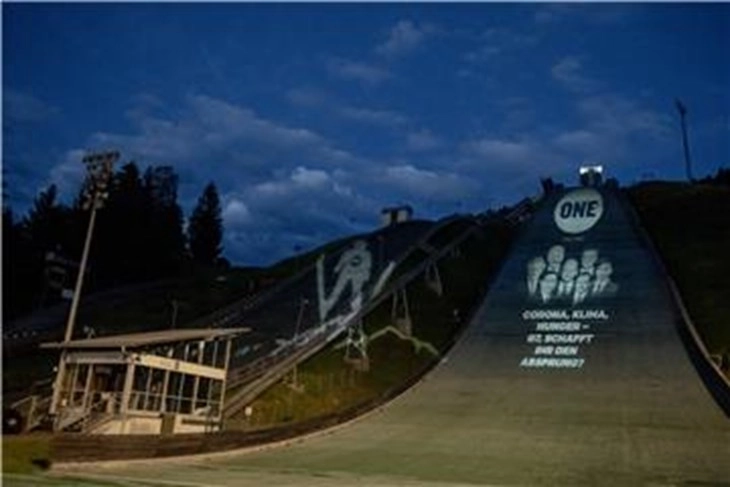Oil price cap, Russian gold ban on agenda as G7 convenes in Germany
- Post By Nevenka Nikolik
- 08:47, 26 June, 2022

Elmau, Germany, 26 June 2022 (dpa/MIA) - The leaders of the G7 group of wealthy nations were coming together in Bavaria's Schloss Elmau resort on Sunday for the first day of a three-day summit that will centre on their response to the war in Ukraine and its consequences.
The leaders of Britain, Canada, France, Germany, Italy, Japan and the United States are to arrive at the alpine summit venue at noon (1000 GMT) for consultations on the global economy, infrastructure and investment, as well as foreign and security policy.
Germany holds this year's G7 presidency, and Chancellor Olaf Scholz will host US President Joe Biden for a bilateral meeting shortly before the official start of the summit.
Proposals to jointly increase pressure on Russia, collective military and humanitarian support for Ukraine, and the impact of the conflict in driving energy and food prices sharply higher will be focal points at the summit.
On the eve of the event, German government sources told dpa that G7 leaders would discuss a price cap on oil to prevent Moscow from benefitting from price increases and protect oil-purchasing countries from the volatility likely to arise from an embargo on Russian oil going live at the end of the year.
Such a move would require Western countries to provide insurance for cargo ships transporting oil only to countries that agree to comply with the price cap. It would also be conceivable to prohibit shipping companies from transporting oil that exceeds the price cap or restrict their access to financial services, the sources said.
Biden said Sunday that G7 powers would ban the import of Russian gold, in another bid to economically isolate Moscow for its invasion.
The ban will impose "unprecedented costs on Putin to deny him the revenue he needs to fund his war against Ukraine," Biden wrote on Twitter.
The US leader described it as a "major export that rakes in tens of billions of dollars for Russia."
"The measures we have announced today will directly hit Russian
oligarchs and strike at the heart of Putin's war machine," British Prime Minister Boris Johnson said as he arrived at the summit, according to Britain's PA news agency.
A formal announcement about the plan was to take place later at the summit.
Non-G7 democracies Argentina, India, Indonesia, Senegal and South Africa have been invited to participate in select sessions at Schloss Elmau, while Ukrainian President Volodymyr Zelensky will address delegates via video link.
A security exclusion zone around the venue - where Germany also held its last G7 in 2015 - has sealed the area off to anyone without a permit for the past week.
Some 18,000 security personnel are on hand to police the summit and keep order during the numerous planned demonstrations.
Speaking in the parliament in Berlin ahead of the G7, Scholz called for a "Marshall Plan" to fund Ukraine's post-war reconstruction, referring to the massive US investment in Germany and other Western countries after World War II. This would be discussed with Zelensky at the summit, Scholz said.
China's role in backing Russia since its invasion of Ukraine will also be the subject of discussion.
At a meeting of the BRICS nations on Thursday - also including Brazil, India and South Africa - Chinese and Russian leaders criticized Western countries and the sanctions imposed on Russia.
All G7 leaders except Japanese Prime Minister Fumio Kishida will travel to Madrid after the G7 summit to attend a meeting of NATO leaders that will be instrumental in firming up defence policies in the wake of the invasion.







